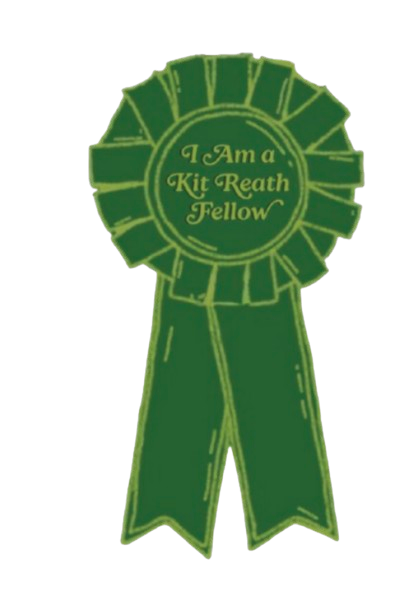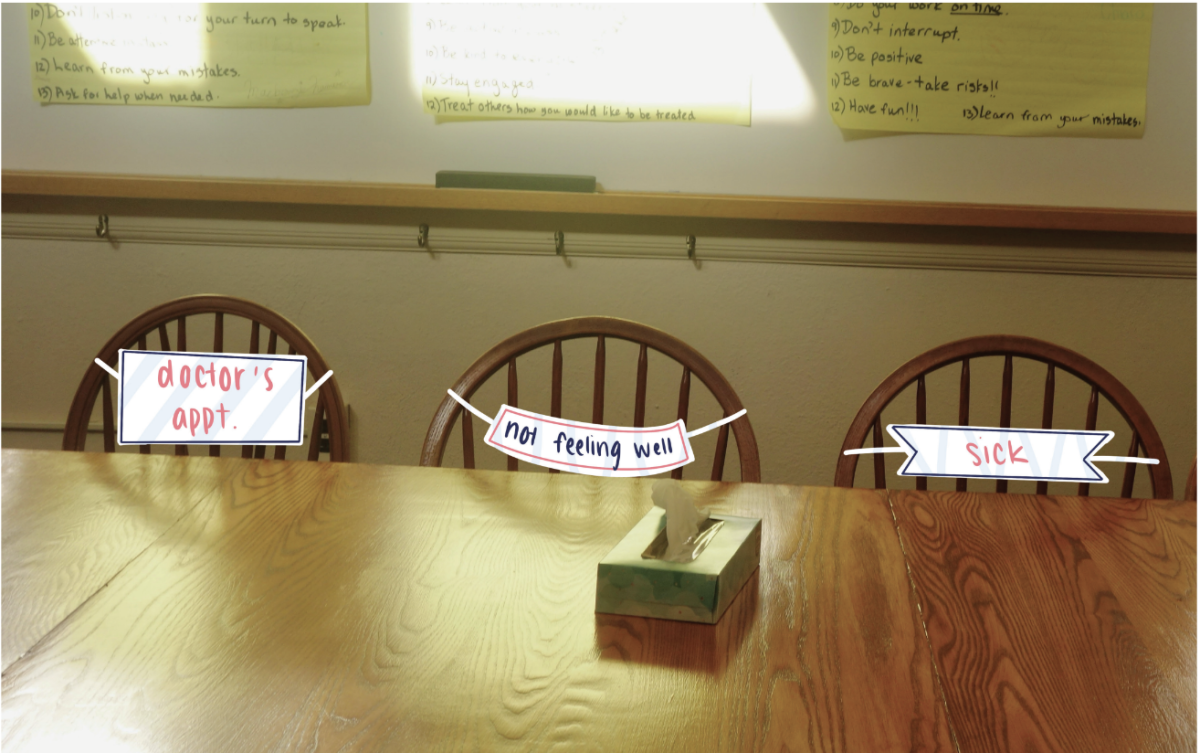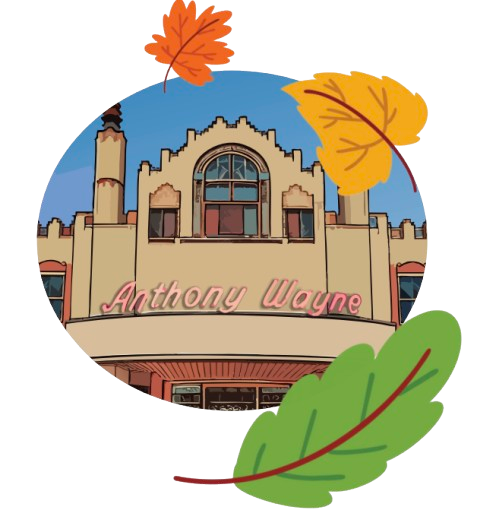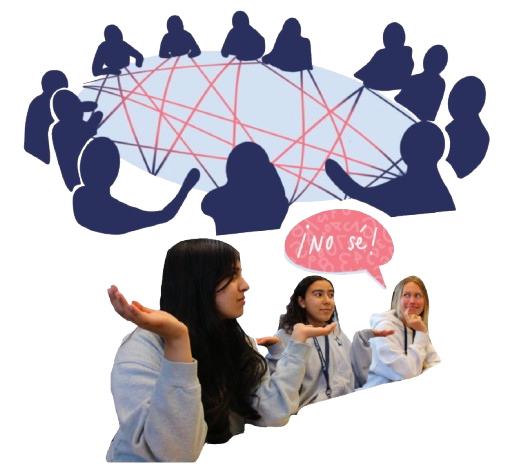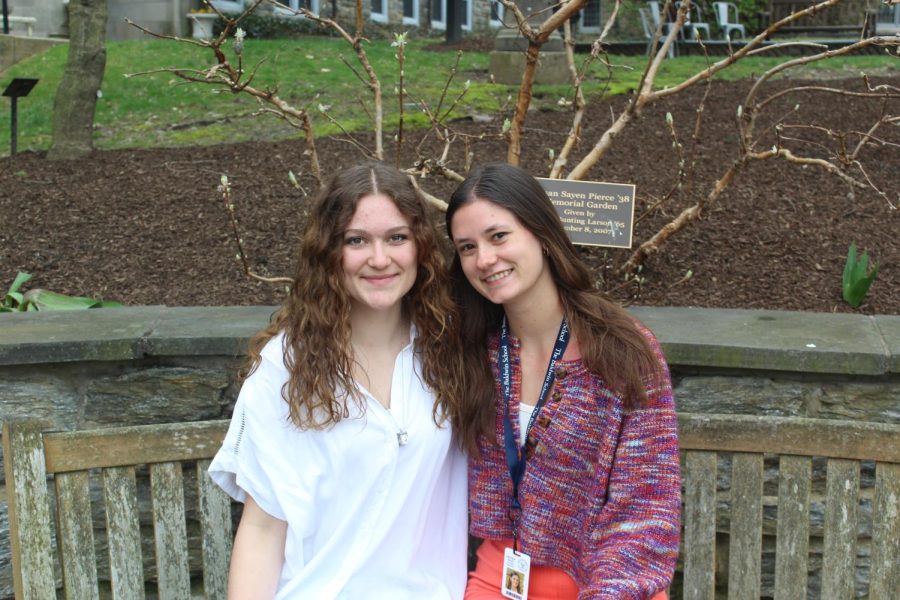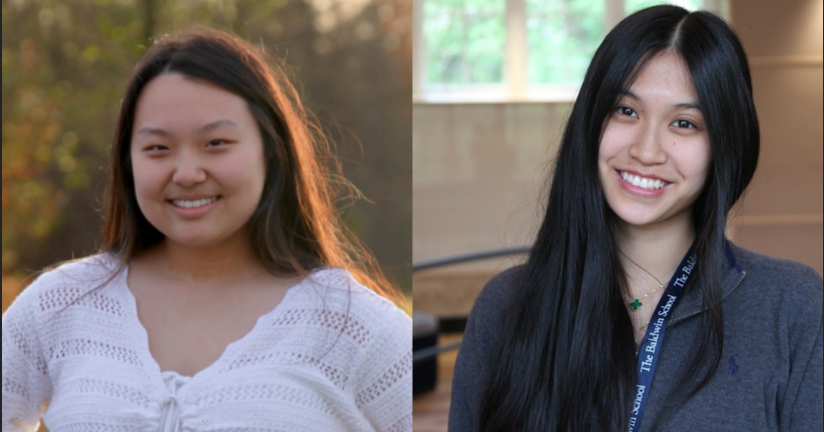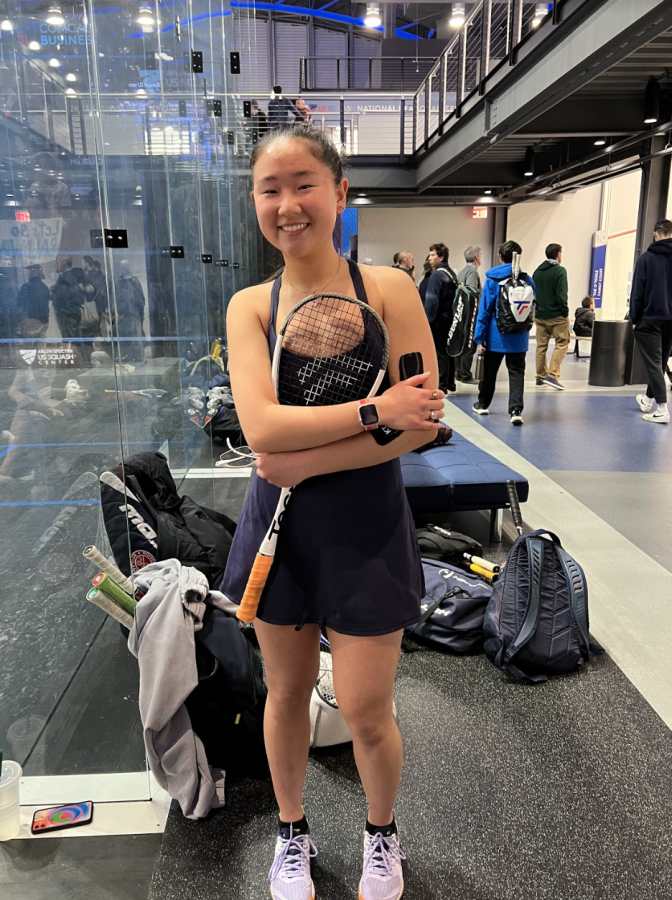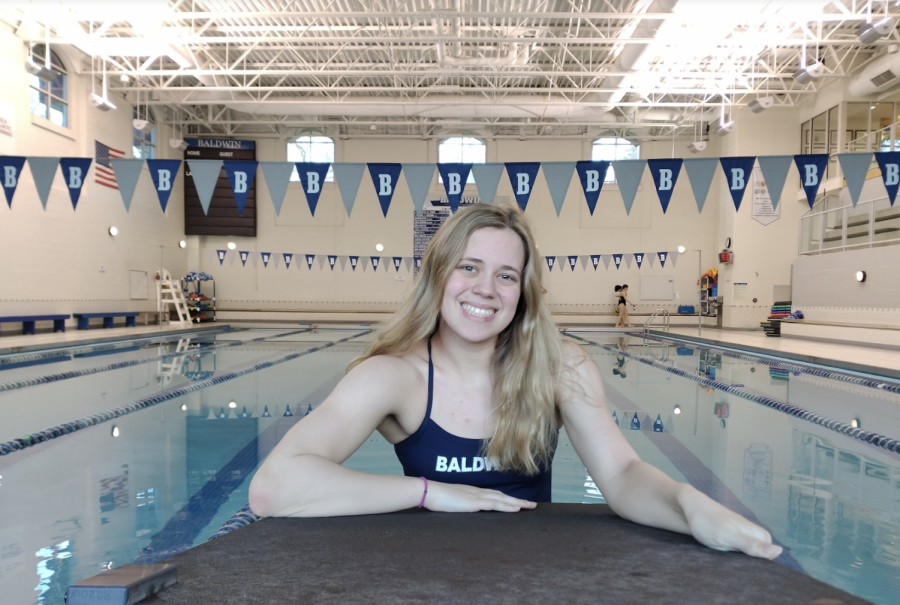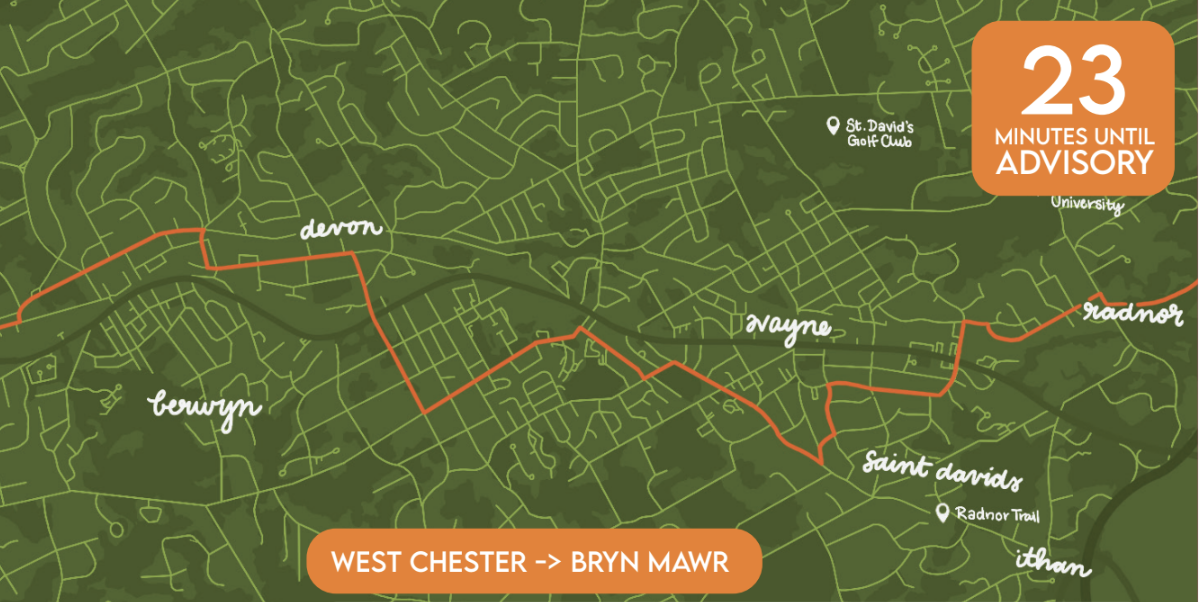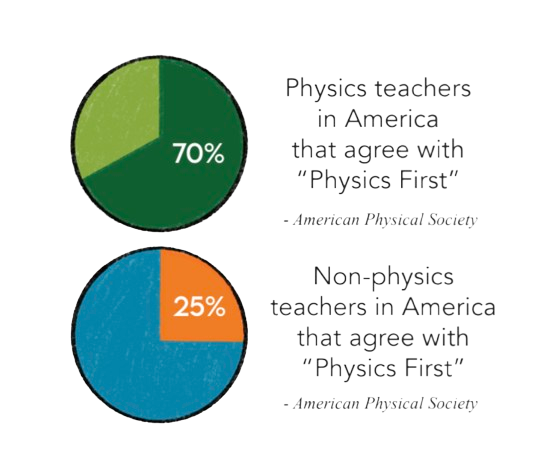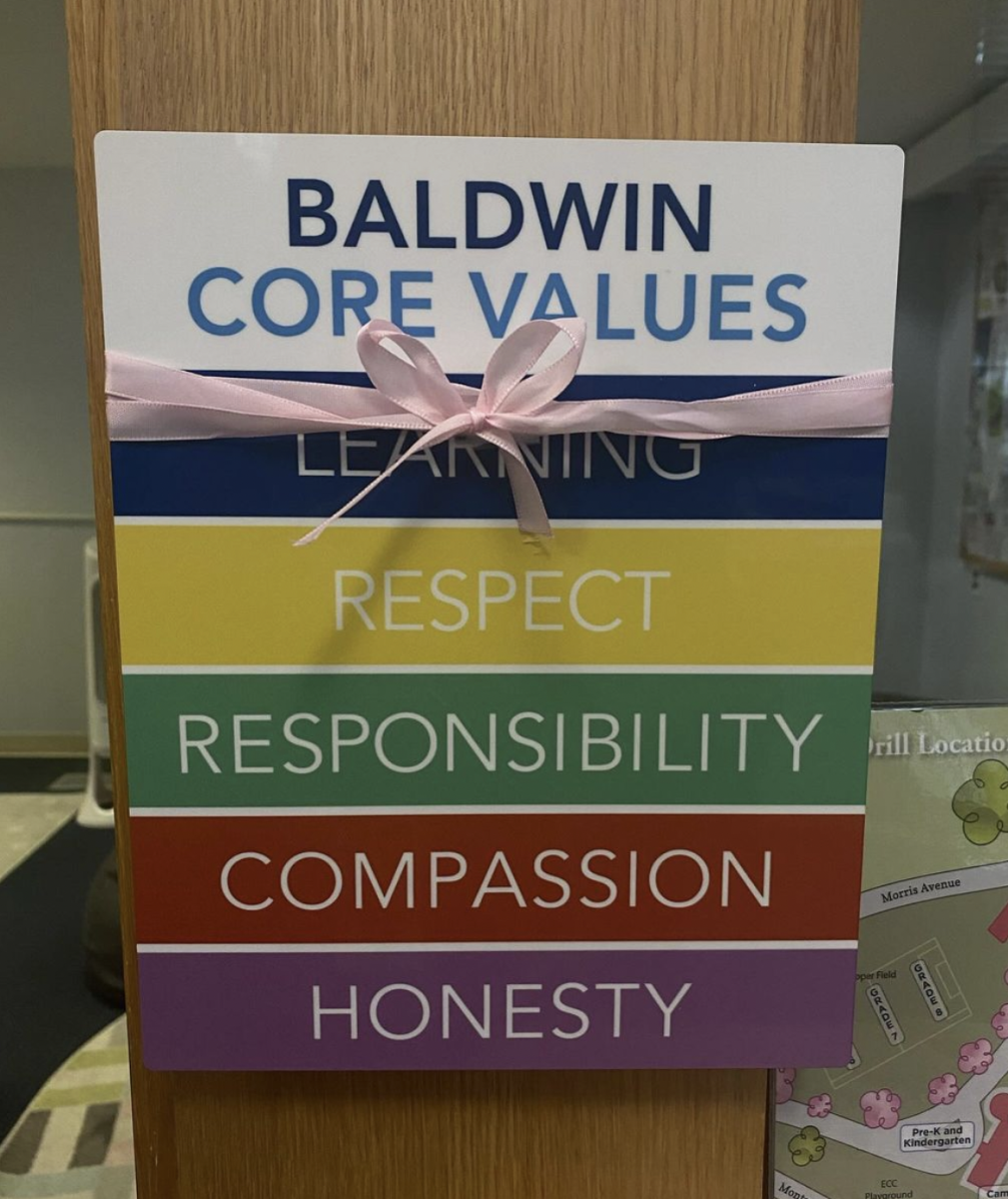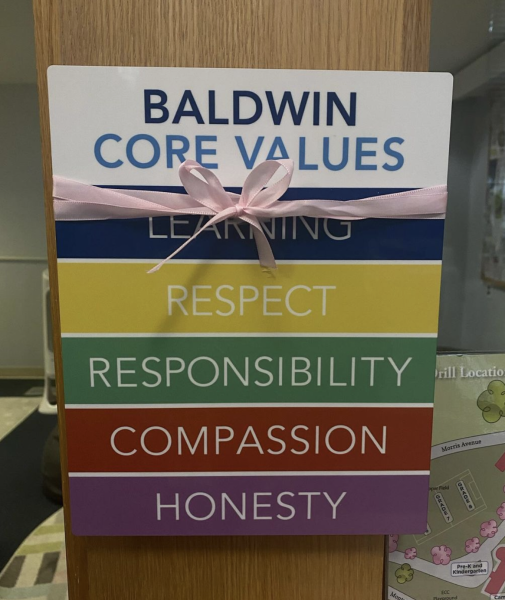Baldwin Teachers Involve Themselves in Government This Year
Mrs. Epstein and Dr. Forste Grupp both find that teaching skills are essential in politics

Dr. Forste-Grupp
Dr. Forste-Grupp has just been elected into a new position as Commissioner of the Second Ward of Haverford Township to represent about 5000 people from her community.
She will help make decisions about signage, garbage, and streets. For example, she would like to work towards increased composting, the possibility of electric vehicles as police cars, and making the area more navigable for walkers and bikers. As part of the Board of Commissioners, she will help allocate funds for parks and libraries and manage local businesses. A particular passion of hers is the library of the Haverford Township, which the Township has been considering renovating for at least 15 years.
Dr. Forste-Grupp said, “To be part of the local government requires a commitment to the community and to furthering issues that you really care about.”
Another issue she cares about is township money management. She pointed out that the majority of taxes come from households rather than businesses. She wants to attract more businesses to the township to balance that discrepancy.
There is another reason Dr. Forste-Grupp was motivated to run for Commissioner: the government, and especially her local government, lacks female representation. In Dr. Forste-Grupp’s estimate, only six women before her have been commissioner in recent history. This lack of representation mirrors a more widespread problem at every level of government. From the local to the federal level, politics are dominated by men.
Surprisingly, Dr. Forste-Grupp claims her political and English teaching skills overlap. They both emphasize communication and public speaking.
She said, “I imagine that as commissioner I will have to work to get people to come together on an issue, and I don’t think it will be all that dissimilar from getting students to look at a book they don’t really want to.”
Teaching has also played a role in helping her to be more outgoing. She described herself in high school as an “introverted student.” After paying attention to what was going on around her, she was motivated to overcome her reservations, and now spends a lot of her time giving speeches.
While she was trying to fit in campaigning with full-time teaching, Dr. Forste-Grupp was pleasantly surprised by how nice people were when she went doorknocking. She has had many good conversations, even with supporters of her opponent. One of the benefits of being a local candidate is that she can meet many of her voters and get to know the community she represents well.
She said, “Reaching out to folks is really important because it builds a connection that you can maybe use later to promote actual dialogue and discussion as opposed to all the stone-walling that you often get.”
And, lastly, she emphasized that even high school students can connect with their community through local politics, especially through involvement in organizations. Dr. Forste-Grupp recommends canvassing or greeting at polls, which is a job often in need of volunteers. High schoolers are influential because a non-voter taking time to talk to voters is seen as committed and passionate. Others might listen to a high schooler’s viewpoints because they realize that election outcomes influence the younger generations’ future the most. And, as high schoolers, we have the tools of social media sites like Tik Tok, something most older generations do not use, and can reach a normally untapped audience.
As Dr. Forste-Grupp said, “high school students, even if they can’t vote, can have a real impact.”
Mrs. Epstein
Mrs. Epstein is currently a representative for Ward 11 of her party’s Committee of Lower Merion and Narberth.
Although Mrs. Epstein has always been an activist and politically involved, this is her first time having a direct position in local politics. She now helps make decisions at the neighborhood level.
She said, “I joke that my entire platform is sidewalks and safety, but it is, because on a local level that’s really what you’re looking at.”. However, she hopes to eventually become a ward commissioner and take charge of a larger community.
In her current political community, like Dr. Forste-Grupp, Mrs. Epstein represents part of a female minority. Her committee tends toward an older male demographic. To be fair, meeting times can make participating in politics difficult for women with children, especially working mothers. However, many women have to navigate school systems, working, and commuting, all of which local government regulates and influences.
She said, “it’s important that those of us who are navigating those systems start to have a say in those systems,” and noted how lucky she is to have this opportunity.
In order to balance her position with teaching, she utilizes lots of weekends and nights. She wakes up early and works during weekend mornings, something I’m sure many of us would struggle to do. Most of her coworkers also have to manage a full time job, and tend to operate on a similar schedule.
As Mrs. Epstein manages her responsibilities as a teacher and a representative, she has found some crossover between the two roles. Her teaching skills have come into play heavily in her political life.
For example, she recently attended a meeting with 45 other people. Nobody else in the meeting knew how to use Zoom except for her, who knew how to navigate the program thanks to virtual school last year. And, according to her, talking to a room full of people is not that different in and out of school. She finds that such discussions come easily to her, maybe more so than to the people around her.
However, her interests have not always been politics and education. Her original interest was environmental science. Her secondary interests in education and community welfare then drew her into politics. Because of this, she thinks anybody can get involved in government.
She said, “whatever your thing is, politics plays a part somehow.”
Even teenagers can easily get involved. For example, high schoolers can get hired to go to houses and drop off campaign materials, called a “lit-drop” (dropping off pieces of literature). Paying attention, staying informed, and keeping up with the news are all key factors in being a conscientious and engaged citizen. If you consider running for office, hearing and understanding others’ voices along with learning about other people can be more valuable than any degree.
Mrs. Epstein said, “It is my greatest hope that every student in here—once they turn eighteen—votes, and at least half of you run for office.”

